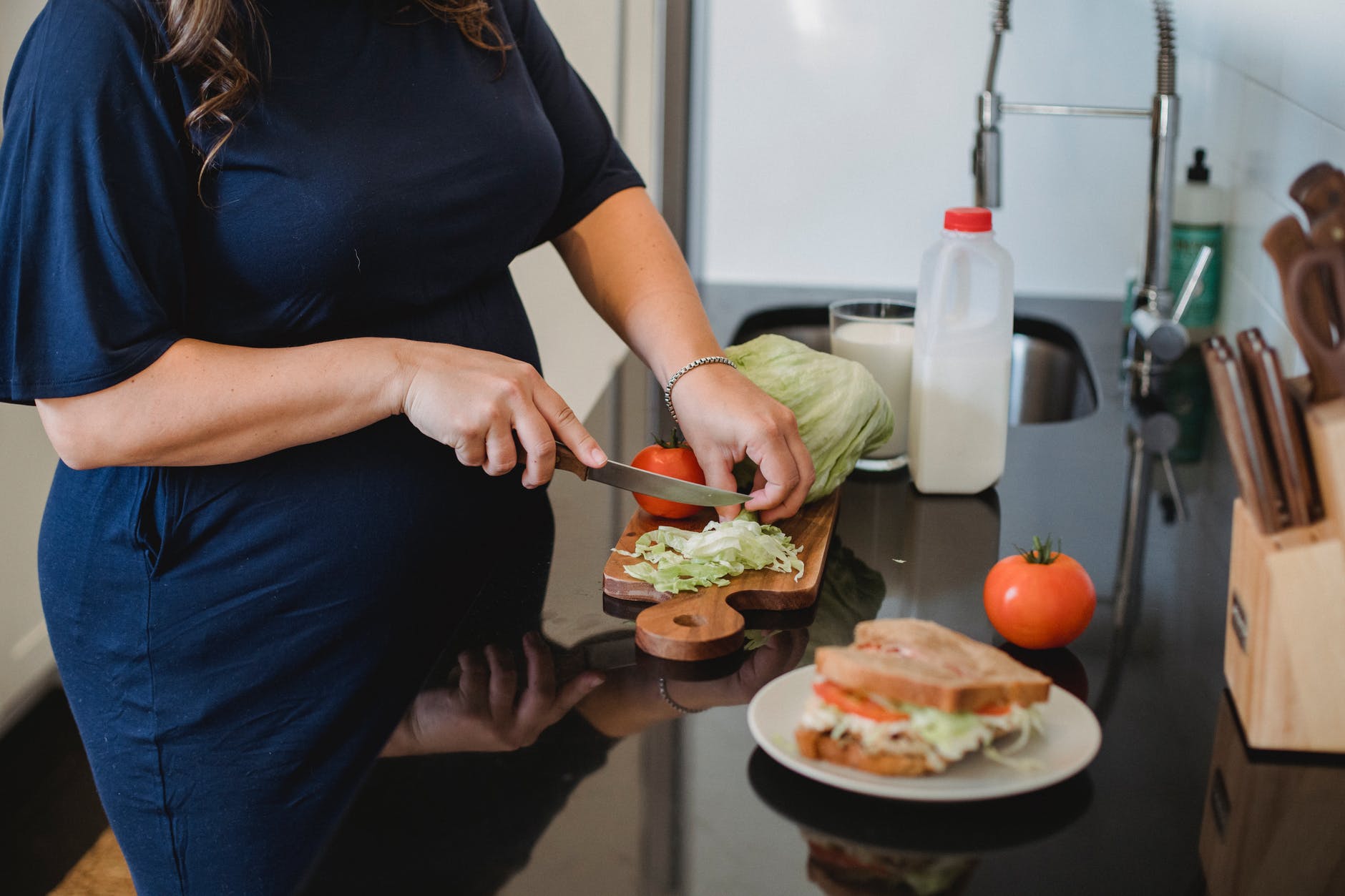Pregnancy is a life-changing event, so it will change many things and the first and foremost things that will change our foods. Generally, most women complain that they can’t eat while pregnant, which is quite a bummer, especially if you are a foodie.
Well, hey ladies, through this post, we will discuss about certain foods that you can avoid and suggest you a lot of alternatives. Yes, it will take some time, but the journey of motherhood is filled with awesomeness. So, let us dig up and find what type of food you should be avoiding.
1. Eating Underdone or Raw Fish:
If you really love eating sushi, then these nine months, you have to let go of that. Try avoiding fish that are undercooked or raw as they are potential causes of various bacterial and viral infections like Salmonella and Listeria. These infections are really dangerous as in the initial days, and they may start causing fatigue and dehydration. But later on, their intensity increases, thereby also transmitting it to your baby, making it fatal. According to studies, pregnant women are most vulnerable to Listeria. Now you may ask, “How come they get in fishes.” These bacteria live in polluted waters or soils, and when fishes are dried or processed, they quickly become a host to such bacteria. Initially, after eating, you may hardly feel problems, but soon, it can cause complications like early delivery, stillbirth, and even miscarriage. So definitely, it’s a big no to eat such fishes if you are pregnant.
2. Processed meat or undercooked:
Like fish, processed or underdone meat has a high chance of carrying different parasites and bacteria like Toxoplasma and E. coli. In most cases, it is generally found that bacteria affect only the surface of meats. But it is not so; certain bacteria and parasites can percolate to the inner layers of meat. Suppose such meat remains undercooked, think about. Burger patties, meat which is minced, pork preparations, and poultry should never be consumed undercooked. During processing, most meat can get infected, and well if you are eating it, there is a very serious threat that you are imposing on yourself and your baby. So, try to avoid these and consume fresh meat and poultry.
3. Caffeine:
A daily coffee or tea drinker may find it nightmarish to know this. But you are now a mother of a beautiful infant, so you have to make specific changes. It’s not that you can’t consume caffeine at all, as according to studies, your caffeine intake should be limited to less than 200mg per day. Generally, caffeine is quite a vital element, and your body has this natural tendency to absorb it quite quickly. So, when it happens, it is transmitted simply to the placenta.
Now you have to understand that your baby is in the placenta stage, which doesn’t have any main enzymes that have the capabilities to synthesize caffeine, thereby building higher amounts of caffeine. Caffeine building up at higher quantities in the placenta hampers the growth of the fetus, thereby leading to your baby’s low body weight during delivery. There is an increased risk of infant deaths due to low birth weights, and even if the deaths are prevented, low birth weight leads to chronic diseases during their adult life.
4. Sprouts that are raw:
Generally, as would-be mothers, we feel that salads are the best food that we can have. But often, salads contain raw sprouts that are usually infected by a bacterium called Salmonella. This bacterium also affects radish, alfalfa, clover, etc. Generally, when seeds are sprouting, they require a humid condition, and this humid condition actually helps in perpetuating this bacterium. Even if you wash them off, there are high chances that it won’t be removed. You can definitely have cooked sprouts, but while you are in your motherhood journey, try avoiding raw sprouts.
5. Unpasteurized cheese and milk:
Dairy products are truly nutritious, especially during pregnancy, but raw unpasteurized milk or soft cheese is something you should pass. These are potential carriers of bacteria like Salmonella, Campylobacter. Even fruit juices, if left unpasteurized, are very dangerous. These viruses or bacteria have a profound impact on the fetus.
Raw unpasteurized milk or soft cheese can naturally possess this virus. Also, sometimes specific contamination may have happened to them during storage. Well, the easiest solution is to pasteurize and have dairy products. It is one of the most effective ways to kill the bacteria without changing or altering the nutrients in the products.
Summing up
These are some of the food items that you should try and avoid during pregnancy. But there are specific healthy alternatives that you should have during this period like dried fruits, cooked egg yolks, cereals that are whole grains, if possible, that are fortified with iron, lean meat, and legumes. Try and make these nine months healthy and nutritious for yourself and your child.
You May like:
Ovulation pain: Can it be a sign?
An unpleasant sensation of cramps always bothers us, which you already know comes with the menstrual cycle, but what about abdominal pain between your periods or in the middle of the cycle, this indicates you are experiencing ovulating pain though unpleasant is completely a normal phenomenon which occurs when your ovary releases its monthly egg. Read More



